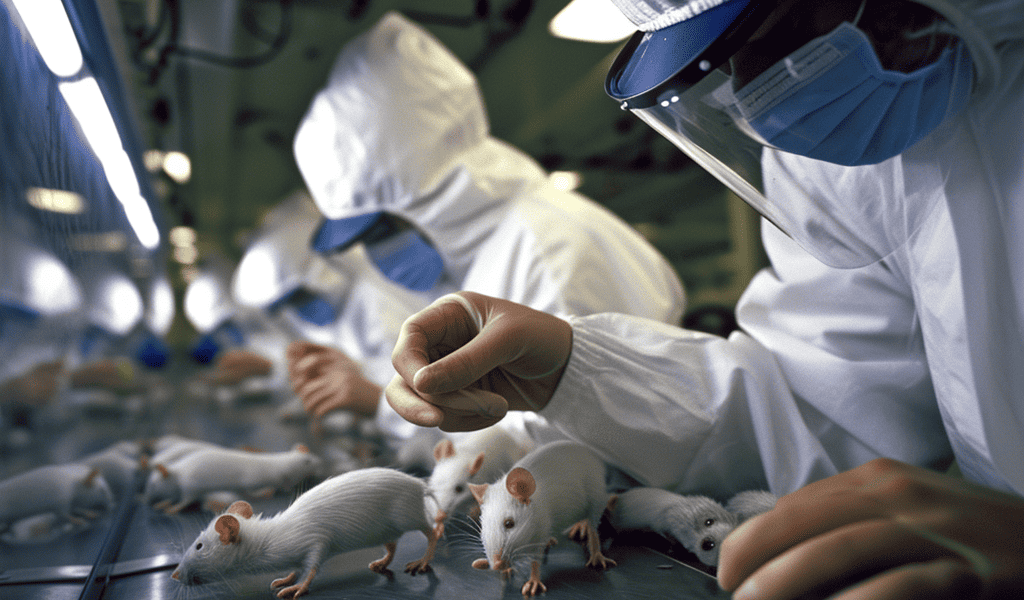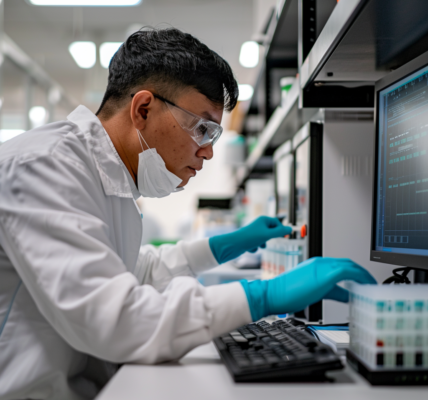Chinese scientists have conducted a study on a mutated strain of COVID-19, known as GX_P2V, which has shown a 100% mortality rate in ‘humanized’ mice. The virus, a mutated version of GX/2017, a coronavirus cousin discovered in Malaysian pangolins in 2017, proved to be lethal, causing rapid and severe symptoms in the mice.
The study, conducted in a Wuhan-esque fashion, raised concerns about the potential spillover risk of GX_P2V into humans. The virus attacked various organs, including the lungs, bones, eyes, tracheas, and brains of the infected mice, ultimately leading to their death within just eight days. The mice exhibited rapid weight loss, a hunched posture, sluggish movement, and their eyes turned completely white a day before death.
While the study is the first of its kind to report a 100% mortality rate in mice infected by a COVID-19-related virus, the results do not provide insights into its potential impact on humans. Francois Balloux, an epidemiology expert at the University College London’s Genetics Institute, criticized the research, calling it ‘terrible’ and ‘scientifically totally pointless.’
The study has sparked concerns about biosafety precautions and the potential implications of the mutated virus. However, it remains to be seen how this research could contribute to understanding the pathogenic mechanisms of SARS-CoV-2-related viruses and its relevance to human health.





